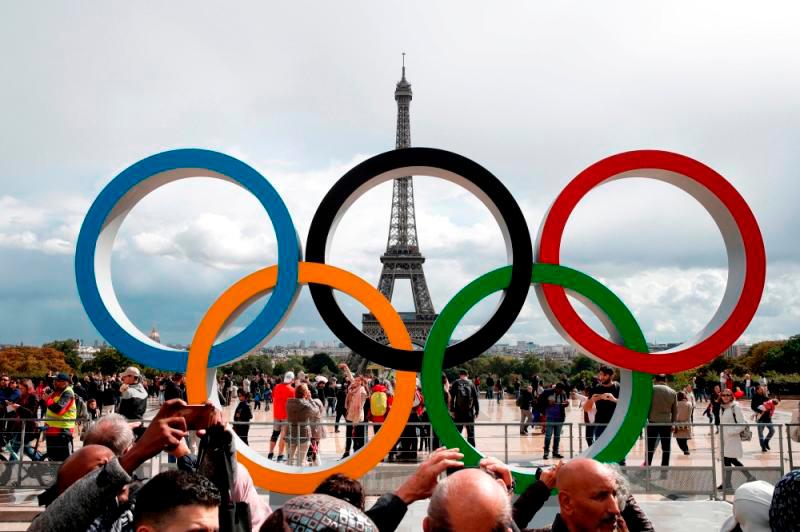The Paris 2024 Olympics offered a chance for Malaysia to reflect on its sporting performance.
Despite securing two bronze medals in badminton, the overall outcome was disappointing, prompting a need for serious evaluation by the national sports associations (NSAs), the Olympic Council of Malaysia, and the Youth and Sports Ministry.
The underlying issues include weak leadership within some NSAs, outdated coaching methods, and insufficient integration of sports science and psychology.
Youth and Sports Minister Hannah Yeoh has made efforts to address these problems by involving former sports stars like Datuk Lee Chong Wei and Datuk Nicol David in the “Road to Gold” (RTG) committee.
However, these initiatives alone may not suffice. A more holistic approach is needed, beginning with grassroots development.
The Education Ministry must collaborate with NSAs to identify and nurture young talent through a structured national sports programme, potentially reaching over five million students across Malaysia.
The success of small nations such as St. Lucia and Botswana, which won unexpected gold medals, highlights that effective talent identification and development can yield significant results.
Malaysia needs to emulate this by focusing on sports where it has a competitive edge, such as badminton, diving, and cycling.
Furthermore, the selection of athletes for programmes such as RTG should be merit-based, focusing on those with proven potential.
Political interference in sports leadership is another critical issue that needs addressing. Incompetent leadership and outdated practices are hindering Malaysia’s sports progress.
The solution lies in appointing former athletes and coaches with international success records to key positions, ensuring they lead with expertise and a clear vision.
To prepare for future Olympics, Malaysia must streamline its resources toward training athletes with genuine medal potential, supported by corporate sponsorships and a well-organised grassroots system.
By implementing these changes, Malaysia could transform its sports landscape and achieve greater success in future international competitions, particularly at the 2028 Los Angeles Olympics.
C. Sathasivam Sitheravellu
Seremban









